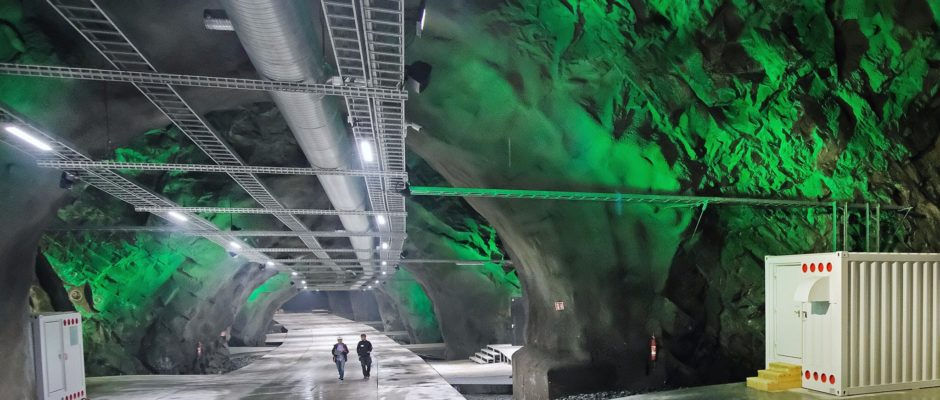Fablab Recife & the Maker's Culture R(evolution) in Pernambuco
- Janayna Velozo

- Dec 16, 2019
- 3 min read
Updated: Oct 22, 2022

Since October, I have been conducting, at the invitation of Fablab Recife (Digital Fabrication Lab), and together with them, training courses in Maker Education and creativity for teachers. It has been a huge learning experience to create and facilitate processes of Design Thinking and Rapid Prototyping in the Maker environment, preparing these teachers to expand the possibilities of working with education and technology in the classroom and beyond.
Each of the more than 200 teachers from the first 8 classes that were with us, from SENAI and IFPE, rethought education, the teaching environments and their contexts. What needs to be reformulated? What technologies are available? How can formal education be made more attractive to students? What do they expect? How to deconstruct and reconstruct learning spaces and content? How to stimulate creativity and collaboration in the classroom? How to train professionals who dialogue with the existing technology in the world? How to train the next generations in an increasingly automated world?
Our invitation was to return to kindergarten, where we appropriated the physical space around us, became free to play, experiment and imagine the world, create stories and characters, where all colors co-exist and time-space is fluid. The possible gains a new shape when the barriers of thinking, the limits of the possible, and the hierarchical boundaries of the protagonists of change are broken.

We did an immersion in creative processes, using Design Thinking as a guide, tools such as Brainwriting, Brain Dumping, 5w1h, the 635 method, prioritization matrixes, low and high fidelity prototyping sprints, technological literacy in digital tools, a series of creative dynamics to help the mind expand and select paths, and a lot of experimentation.

It was a wonderful challenge to be in the position of facilitator of this process and to invite the participants to take a closer and deeper look at the problems of teaching, to provoke each of the participants to get out of their comfort zone and build other connections, so that solutions beyond the common place could emerge. Can we call them solutions? Or would it be better to say that they are hypotheses ready to be tested in real scenarios? After all, the wheel needs to be in motion to stop being a circle.

The result of the course was an amazing range of ideas generated and more than 40 amazing projects made by them in a few hours of prototyping, using the 3D printing machines, the laser cutting machine, the milling and electronics stations, using LEDs, sanders, motors, sensors, wires, and lots and lots of creativity and teamwork!

"In the face of Artificial Intelligence, we must ensure ethics and add effectivity for the next generations," says Betita, partner and co-founder of Fablab Recife, in one of her presentations. The Fablab Recife places itself as a space to foster inventions, to exchange knowledge and to develop autonomy: a community that invites ideas to be born in the universe of touch and human interaction, through the mixture of technology and collaboration, in a space equipped and open to the public. It is the democratization of access to technology and the decentralization of doing, which creates new possibilities, empowers and transforms the world. Let's do it together?
"Make with your hands. Exert force over the matter of thinking, of forging, of feeling. Get your fingers dirty and allow yourselves to be impregnated by the world. [It is in the crucibles of each moment that we find the infinitude of life. And there is nothing better than getting drunk on infinites to be happy." [Janayna Velozo]
Cris, Betita, and Antonio, thank you for so much! You guys made this experience even richer and more fun! Peu, Ana, Gui, Neto, José and Mandy, you are the best product manufacturing gurus on the face of the earth! Congratulations on a great job and thank you for the partnership these days! I hope to continue creating and recreating the world with you!
@fablabrecife #fablab #makereducation #culturamaker #designthinking #prototypingsprints



Kommentarer